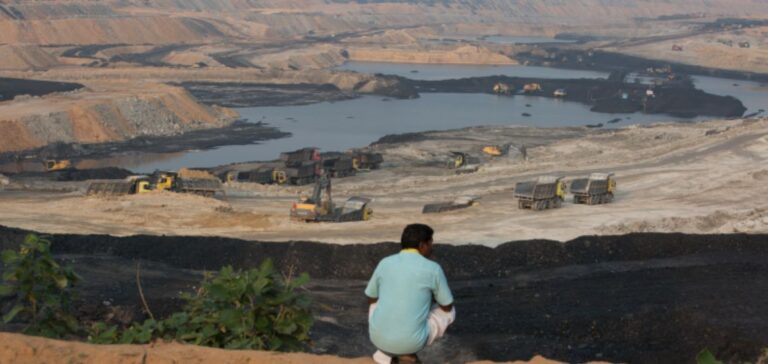For a decade, Alok Shukla has been at the forefront of the fight against mining in the Hasdeo Aranya forest, a green lung located in the heart of India, in the state of Chhattisgarh. This forested area, known for its abundant underground coal reserves estimated at over five billion tonnes, has attracted the interest of industrial giants such as the Adani Group. However, thanks to a relentless campaign led by Shukla and various activist groups, an important victory was achieved in 2021: almost 180,000 hectares were saved from massive deforestation and officially designated as an elephant reserve, protecting the unique biodiversity of this region.
Ongoing victories and challenges
Despite these successes, the threat of mining still looms over Hasdeo Aranya. Several sites remain inactive, ready to be exploited, while others, already in operation, are planning expansions that could wipe out whole swathes of forest and disrupt the lives of local communities. These communities, led by Shukla, have stepped up their resistance, employing protest methods such as sit-ins and demonstrations to block access to areas targeted by the mining companies, highlighting the tension between the economic development envisaged by the companies and the rights of indigenous populations as well as the environmental preservation in a worrying global climate context.
Corporate responses and impact
In response to the protests, the Adani Group has issued statements underlining its commitment to improving the living conditions of local communities. However, these statements are often viewed with skepticism by local activists and residents, who see the group’s actions as a blatant contradiction of the principles of sustainable development and respect for human and environmental rights in a country heavily impacted by air pollution.
Outlook and future
The struggle of Shukla and the communities of Hasdeo Aranya raises fundamental questions about the conception of economic development in India. The Indian government, while committed to the goal of zero net greenhouse gas emissions by 2070, has to juggle the demands of economic growth with the imperatives of environmental protection. This dilemma is particularly acute in cases such as Hasdeo Aranya, where environmental issues clash directly with economic interests.
The case of Hasdeo Aranya, brought to international attention by the efforts of Alok Shukla, remains a poignant example of the complexity of contemporary environmental challenges. It embodies the ongoing struggle between the preservation of nature and the forces of industrial development, reminding us that every ecological victory is crucial to the future of the planet.






















